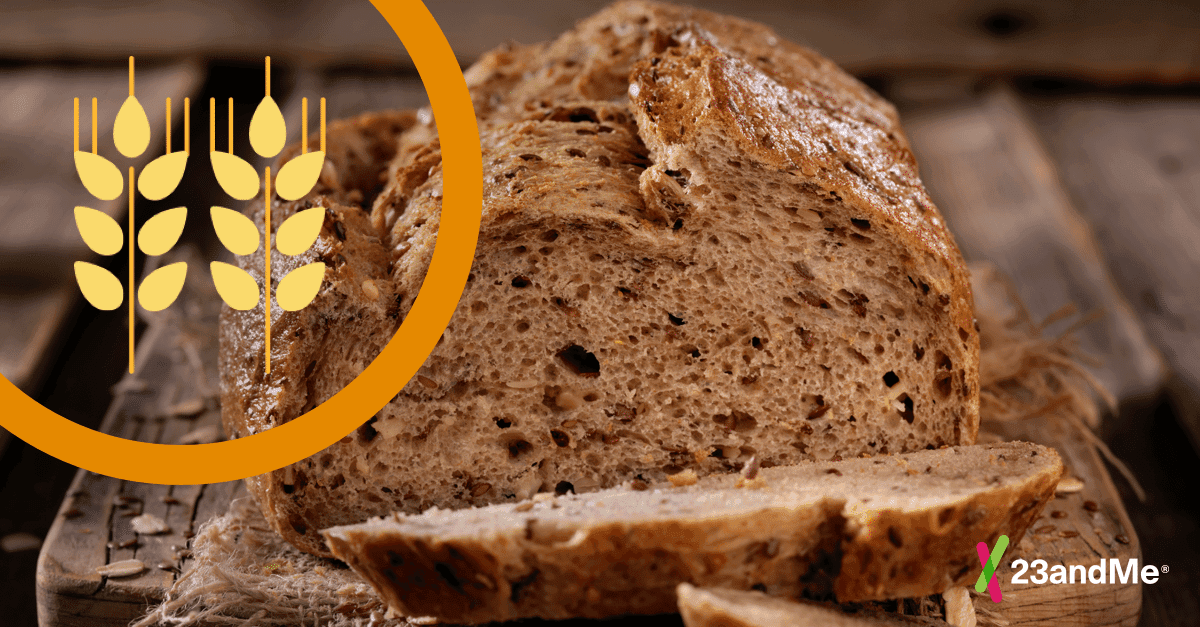Today is National Celiac Awareness Day, meant to raise awareness of the about three million Americans with celiac disease, and most — like Charlie, a paleontologist and 23andMe customer — spend years not ever being diagnosed.
Charlie recently shared his story with us, with the hope that we can raise awareness to those living with celiac.
Today is also significant because September 13th is the anniversary of the birth of Dr. Samuel Gee in 1839, who identified the link between the symptoms of celiac and diet. Despite his pioneering work more than a century ago, researchers are still trying to fully understand this severe autoimmune disease that can damage the small intestines and lead to the inability to absorb nutrients from food.
The condition, which runs in families, is challenging to diagnose and impacts about 1 percent of the population. While there is promising research on the disease, right now the only known treatment for celiac is a gluten-free diet. In part because of those dietary recommendations, celiac is sometimes confused with non-celiac gluten sensitivity, which impacts about 18 million Americans or six times the number of individuals with celiac.
Last year, 23andMe began offering a genetic health risk report on celiac disease* that looks at two genetic variants — rs2187668 and rs7454108 — that are linked to the HLA-DQ2.5 and HLA-DQ8 haplotypes. A haplotype is a group of genes inherited together from a single parent. People with one or both of these two haplotypes account for about 95 percent of all of celiac disease cases, so if you have celiac disease, it’s likely you have one of these variants.
But it’s important to note that having one of these variants doesn’t mean you will develop celiac disease. Although 15 to 30 percent of all people have one of these risk haplotypes, only about 3 percent of people with one of these haplotypes develop celiac disease. If you don’t have one of these haplotypes it is unlikely that you will develop celiac disease.
Here are some helpful links to find out more about celiac:
- Celiac Disease Foundation
- National Celiac Association
- Beyond Celiac
- Association of European Coeliac Societies
*The Celiac Disease genetic health risk report (i) is indicated for reporting of the rs2187668 variant in the HLA-DQA1 gene, which tags the HLA-DQ2.5 haplotype; and the rs7454108 variant near the HLA-DQB1 gene, which tags the HLA-DQ8 haplotype, (ii) describes if a person has variants associated with an increased risk of developing celiac disease, and (iii) is most relevant for people of European descent.




